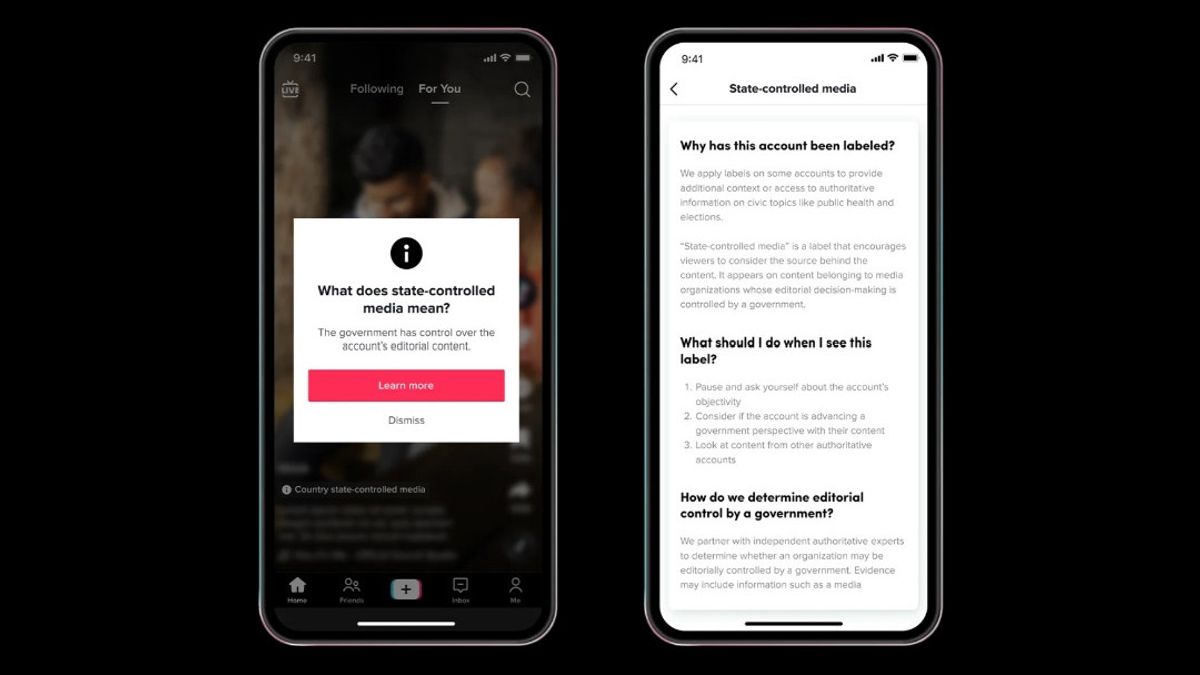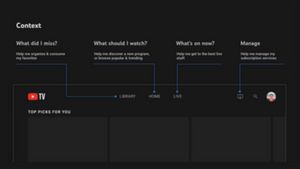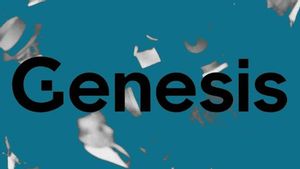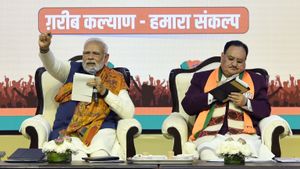JAKARTA - TikTok is now expanding the ability to use labels for state-run media accounts, and will soon start implementing them in more than 40 global markets.
The app, owned by China-based ByteDance, now brings labels, or tags, to identify accounts run by organizations whose editorial output or decision-making processes are subject to government control or influence to dozens of markets.
The trials initially started in March last year following Russia's invasion of Ukraine by labeling state-controlled media in Russia, Ukraine and Belarus.
This label will give the user more information about what the label means and why it is applied when the user clicks on it.
Since its launch, accounts run by Russian media organizations such as RT, Ruptly, Sputnik, RIA Novosti, TASS and dozens of others have added the label to their videos.
Now, TikTok says it has formalized its policies and will start implementing the state-controlled media label in a phased approach, starting soon with more than 40 markets in various regions, including China.
Launch TechCrunch, Thursday, January 19, the 40 countries include Afghanistan, Armenia, Austria, Azerbaijan, Belgium, Bulgaria, Canada, China, Croatia, Czech Republic, Denmark, Estonia, Finland, France, Georgia, Germany, Greece, Hungary, Ireland, Italy, and Japan.
Then in Kazakhstan, Kyrgyzstan, Latvia, Lithuania, Luxembourg, Malta, Mongolia, Netherlands, Poland, Portugal, Republic of Cyprus, Republic of Moldova, Romania, Slovakia, Slovenia, Spain, Sweden, Tajikistan, Turkmenistan, United Kingdom, United States of America (USA), and Uzbekistan.
The company says this label is established by evaluating the editorial independence of an operation and then considering its mission statement, practices, editorial protection, editorial leadership and governance, and its actual editorial decisions.
The label also offers an appeals process if an entity feels it has been unfairly labeled by its trust and security team.
SEE ALSO:
The company says it has worked with a wide range of experts ahead of its pilot program, including consultations with more than 60 media experts, political scientists, academics and members from various international organizations and civil society groups around the world.
The expansion comes amid a new crackdown on TikTok in the US, which former US President Donald Trump initially tried to ban in 2020 due to national security threats.
However, in recent weeks, a number of states and the House of Representatives in the US have now banned TikTok from government-issued devices out of fears for the security of TikTok's data being shared with the Chinese government.
In fact, TikTok has been relatively late in adopting the label compared to most of its competitors. YouTube added a similar label in 2018, and Meta and Twitter adopted it in 2020.
The English, Chinese, Japanese, Arabic, and French versions are automatically generated by the AI. So there may still be inaccuracies in translating, please always see Indonesian as our main language. (system supported by DigitalSiber.id)














